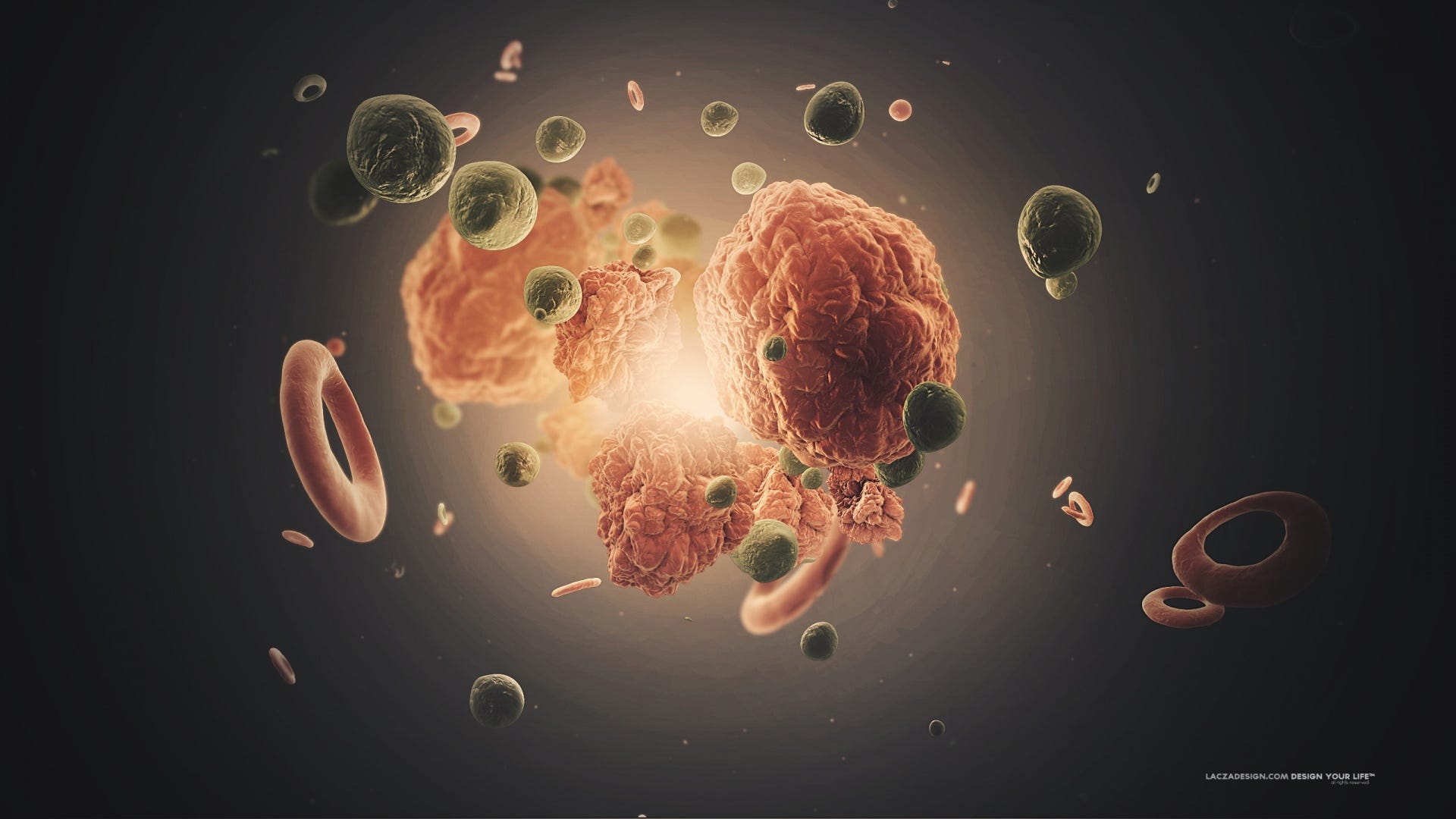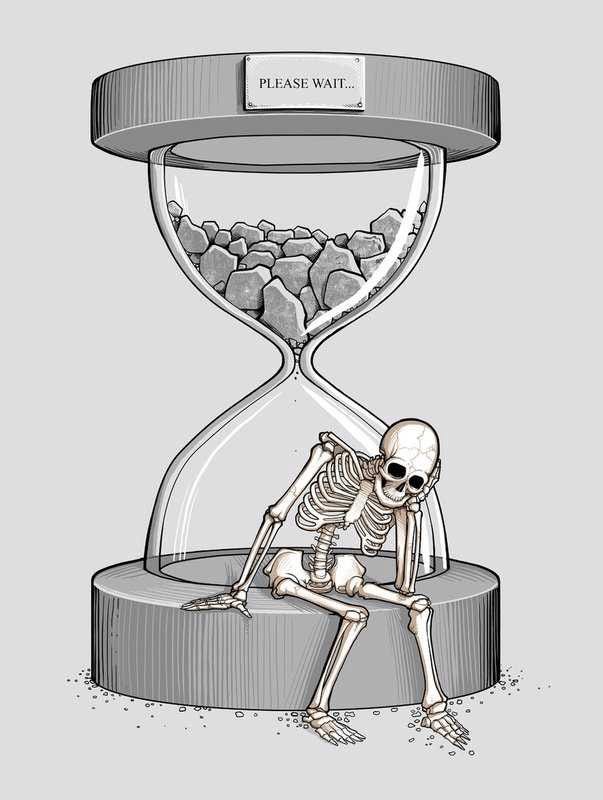
“We don’t stop playing because we grow old. We grow old because we stop playing.” George Bernard Shaw
Studies tell us that retirement is not the key to a blissful life. Retirement does not bring joy when our identity is overly connected to who we are in the workplace. In these cases, retirement can hasten death or illnesses such as dementia, Alzheimers and depression. Our guest on the Innovation Show is Daniel Amen M.D. Daniel tells us retiring from work may leave us feeling as if we have no purpose in life. When we lack passion, purpose, social contribution, faith, or a connection to something greater than ourselves, we are at a higher risk for developing brain health/mental health issues. Depression is more common after retirement, especially when retirees don’t find a new source of purpose. In fact, following an initial boost in health, retirement increases your risk of clinical depression by 40 percent while raising your chances of being diagnosed with a physical illness by 60 percent.
Children have very active brains that settle down in activity around their mid-20s. From the mid-20s, brain activity then stays relatively stable until the 60s, when it declines, often because of poor vascular health and the other risk factors, which Dr Amen discusses on the show. But this doesn’t have to happen — there’s nothing inevitable about it.
How can we prevent this and what has this got to do with business?
If you work in a role that is rote and repetitive, you are not learning. When you in a role that does not require ongoing learning, you have a higher risk of memory problems and brain health/mental health issues. If you work in an organisation that encourages execution over strategic thinking and collaboration, you and your organisation are at risk of disruption. We operate in a business environment of exponential change. To ensure we are cognitively “fit for purpose”, we need to continually challenge our thinking and feed our minds with new and often-conflicting information. This has the dual benefit of keeping us cognitively relevant and giving us the skill of mental flexibility to adapt to a changing environment.
That is the focus of this Thursday Thought.
Brain Atrophy (Cerebral Atrophy)

“When You Stop Learning, Your Brain Starts Dying” — Daniel Amen
Muscle atrophy is a decrease in muscle mass; it can be a partial or complete wasting away of muscle and is most commonly experienced when persons suffer temporary disabling circumstances such as being restricted in movement and/or confined to bed as when hospitalised. When a muscle atrophies, this leads to further muscle weakness. If you injure a knee, you experience atrophy in the surrounding muscles of the knee. This leads to further imbalance and compensation by other muscles. The imbalance leads to tightness and further injury and pain. If we do not rectify the initial weakness, then cascading deterioration is the result.
Brain atrophy is the loss of brain cells called neurons. Atrophy also destroys the connections that help the cells communicate. As with muscle atrophy, brain atrophy can happen through traumatic injury or through cognitive illnesses such as dementia. Whenever the brain repeats an activity over and over, it uses less and less energy each time to accomplish it. The parts of your brain that you use will grow, and the parts of your brain that you do not use will atrophy or shrink. To ensure that the brain continues to grow, we need to feed the brain new information. New information is like weight training for the brain, which can be as simple as a varied route to work, a crossword puzzle or a new exercise in the gym.
The Corporate Brain — “Retirement on the Job”

In his book, “One from Many”, the founder and CEO Emeritus of VISA, Dee Hock mentions how he consistently witnessed what he termed “retirement on the job”. We have all experienced this. Think of your colleagues who enter a complex organisation and put their brain in the top drawer of their desk. Next, they become adept at corporate politics, self protectionism and cover-your-back behaviours. In such organisations, process trumps purpose and procedure takes precedence over productivity.
In such organisations, retirement on the job means that people stop learning and start surviving. They exist in a consistent state of fight or flight and in this state growth is not possible. In this state, the body diverts energy from the brain to the arms for “fight” and the legs for “flight”, people are literally less intelligent because the organism believes it is under attack. Cognitive capacity is replaced by cognitive survival. The organisation essentially enters early retirement and a long kiss goodnight. When the organisation stops learning, it starts dying.
Champions of Change

Charles Handy is an author/philosopher specialising in organisational behaviour and management. Dee Hock — mentioned above is entering his 92nd year and Charles is now 88. I have had the immense honour to interview both men who are upcoming guests on the Innovation Show. The reason I mention this is that they both exemplify what is cognitively possible. Despite physical challenges, both men continue to offer so much valuable information. What is their secret? What do they do that we can learn from? Both men have a purpose, they continue to learn every day; they continue to write and interact with others, and they both have a positive outlook on life.
We all age, but we can slow the process while keeping our brains sharp, focused, and clear. Imagine entering the latter part of your life with just as much mental capacity and energy as you have now, if not more. As for the body, we are making advancements every day; we are solving debilitating diseases and illnesses, wouldn’t it be a shame to have a perfectly able body with a disabled brain? We can engage in lifelong learning to keep our brains strong. The best mental exercises involve gaining new knowledge and doing things you haven’t done before. New learning, such as a new hobby or game, establishes new connections, which maintains and improves other brain areas you use less often.
“In times of profound change, the learners inherit the earth, while the learned find themselves beautifully equipped to deal with a world that no longer exists.” — Eric Hoffer
There is an onus on each of us to invest in our future selves, equally there is an increasing need for organisations to educate their people. Continuous education in the workplace will become a growing feature of organisations. We require new information to manage new challenges and adapt to an increasingly complex environment. The benefit for the individual is that if you have the good fortune to live longer, you can enjoy it.
Episode 195 of the Innovation Show introduces New hope for those suffering from conditions like depression, anxiety, bipolar disorder, addictions, PTSD, ADHD and more.
Though incidence of these conditions is skyrocketing, for the past four decades standard treatment hasn’t much changed, and success rates in treating them have barely improved, either. Meanwhile, the stigma of the “mental illness” label―damaging and devastating on its own―can often prevent sufferers from getting the help they need.
Our guest is an innovator in his field, a Brain specialist and bestselling author who is on the forefront of a new movement within medicine and related disciplines that aims to change all that. Today we will draw on the latest findings of neuroscience to challenge an outdated psychiatric paradigm. It will help us all take control and improve the health of our own brains, minimising or reversing conditions that may prevent us from living a full and emotionally healthy life.
The End of Mental Illness will help us discover:
- Why labelling someone as having a “mental illness” is not only inaccurate but harmful
- Why standard treatment may not have helped you or a loved one―and why diagnosing and treating you based on your symptoms alone so often misses the true cause of those symptoms and results in poor outcomes
- At least 100 simple things you can do yourself to heal your brain and prevent or reverse the problems that are making you feel sad, mad, or bad
- How to identify your “brain type” and what you can do to optimise your particular type
- Where to find the kind of health provider who understands and uses the new paradigm of brain health
We welcome Dr. Daniel Amen, multiple bestselling author, changemaker and author of “The End of Mental Illness: How Neuroscience Is Transforming Psychiatry and Helping Prevent or Reverse Mood and Anxiety Disorders, ADHD, Addictions, PTSD, Psychosis, Personality Disorders, and More”.
Have listen:
Soundcloud https://lnkd.in/gBbTTuF
Spotify http://spoti.fi/2rXnAF4
iTunes https://apple.co/2gFvFbO
Tunein http://bit.ly/2rRwDad
iHeart http://bit.ly/2E4fhfl
More about Daniel here http://danielamenmd.com/
and his free 6-week brain course is available here: